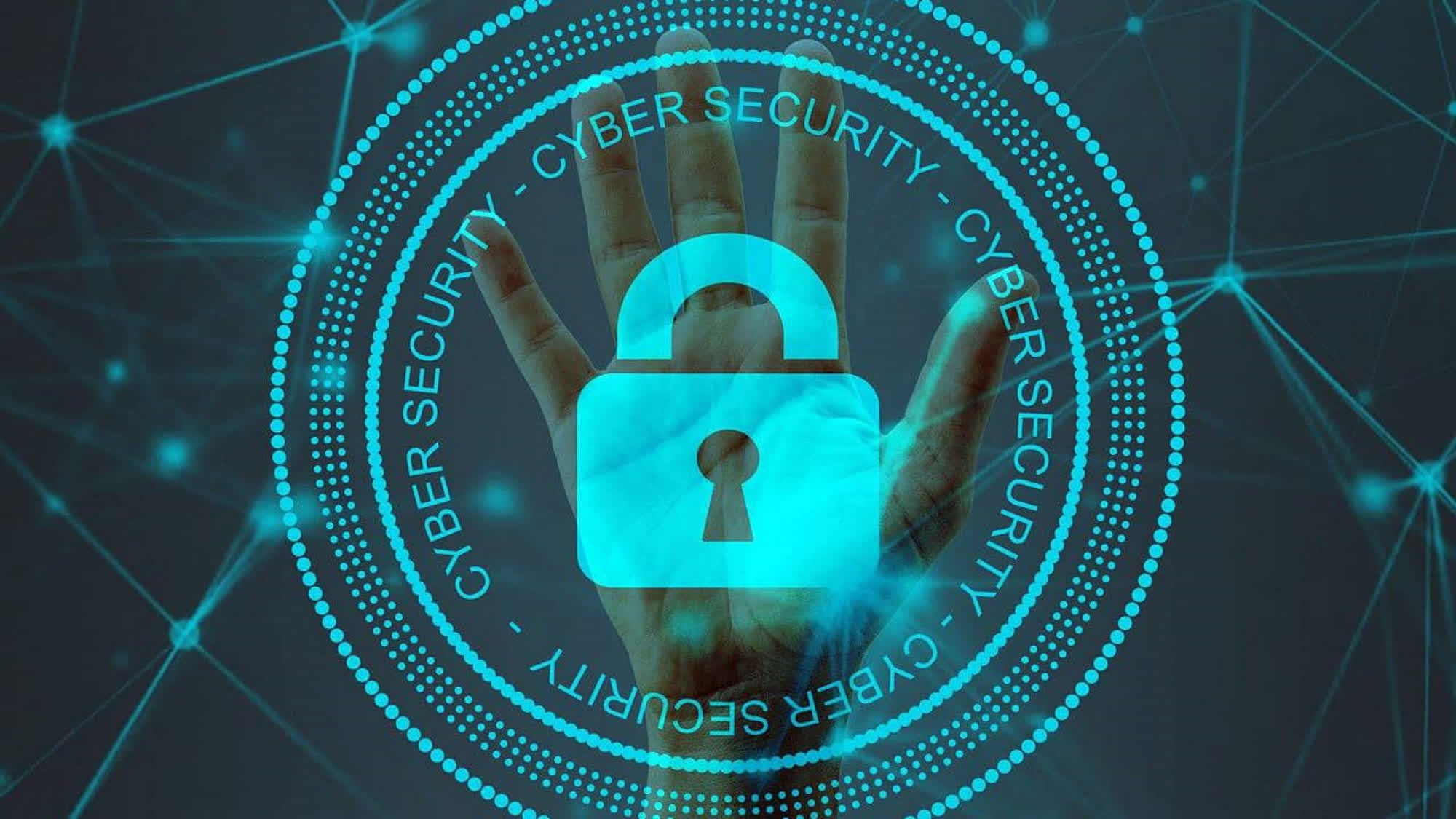In a nutshell: The biggest security threats active today work on the international stage, which means an effective attempt to disrupt them should be global as well. Members of the Cybercrime Atlas are trying to do just that, starting with a shared intelligence on cybercrime gangs and their operations.
The World Economic Forum (WEF) officially launched the Cybercrime Atlas initiative in 2023 after spending three years in discussions about the plan and its feasibility. One of the most powerful NGOs and lobbying organizations in the world is now actively partnering with founding member Banco Santander, Fortinet, Microsoft, and PayPal to lay an "actionable" effort against major cybercrime operations.
Cybercrime can impact anyone, WEF states, making life and business prospects harder for individuals and global corporations. Critical infrastructures and government organizations are affected as well, which means that digital crimes can cause immense damage to the world's economies and societies, even though this damage is not always visible.
The Cybercrime Atlas project was conceived to "narrow the space" in which cybercriminals can move, improving and sharing a common understanding on the phenomenon through an "open source" research approach. The organization now collaborates with over 20 law enforcement agencies, private security firms, financial institutions, NGOs, and academic institutions, all working towards the same goal.

According to Tal Goldstein, head of strategy for the WEF Centre for Cybersecurity, Cybercrime Atlas members spent their fair share of time asking themselves if such an initiative was even feasible. Now that the organizations have proof that they can work together, Atlas will enter its operational phase with the creation of a massive "knowledge base" against cybercrime and cybercriminal gangs.
The new collaboration program has done a lot of work on the intelligence side of things, Fortinet vice-president Derek Manky said. Atlas members now want to try to actually make an impact on international cybercrime, which means that they should soon start seizing criminal infrastructures, making arrests, and publicly attributing attacks to digital gangs.
Cybercrime Atlas will work to effectively disrupt the cybercrime market, Manky remarked, sending the message that WEF's initiative now "means business" and can make criminals' lives much harder. Cybercrime must become a cost-prohibitive operation on a global scale, now that WEF's own numbers highlight the new security risks stemming from "simmering" geopolitical tensions and unchecked technological advancements.
